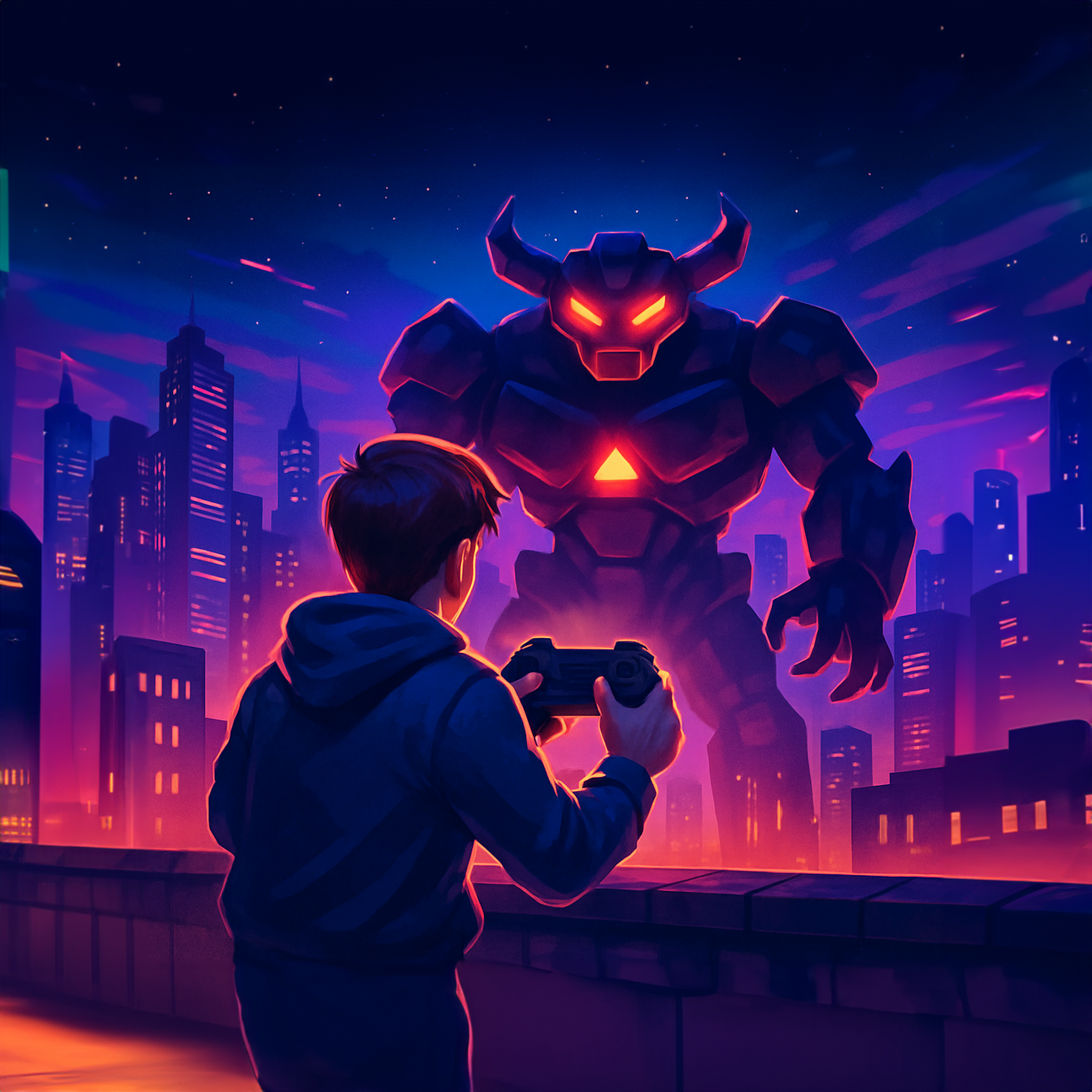Introduction
We live in a golden age of gaming, where accessibility and player-friendly design have made games more welcoming than ever. But while cozy, story-rich experiences have rightfully taken center stage, there’s still something deeply powerful about a brutally difficult game.
Whether it’s surviving a boss in Elden Ring, nailing the final jump in Celeste, or pushing through another permadeath run in Hades, challenging games tap into something primal: the desire to overcome, master, and grow.
This blog is for those who crave the uphill battle—and those who are curious why anyone would. And if you’re looking for your next test of skill? Kodex is built to help you find games that challenge and reward you.
Why Players Gravitate Toward Difficult Games
At first glance, hard games might seem punishing. But the best of them are also fair, addictive, and transformative.
Here’s why players love them:


The appeal of difficult games is simple: they ask more of you—and in return, they give more back.
The Difference Between Unfair and Well-Designed Difficulty
Not all difficulty is good difficulty. There’s a big difference between “hard” and “cheap.”
Bad difficulty:
● Feels random or punishing without logic.
● Doesn’t teach you how to get better.
● Forces repetition without purpose.
Great difficulty:
● Offers tight mechanics and consistent rules (Celeste)
● Challenges your pattern recognition (Cuphead)
● Gives you room to grow through trial and error (Dark Souls, Hollow Knight)
A hard game that respects your time and effort? That’s game design at its finest.
Psychological Benefits of Challenging Games
Difficult games don’t just build skill—they build character.
What they teach us:
● Resilience – You’ll fail. Then fail again. And then finally win.
● Focus – They create “flow states” where your concentration deepens.
● Delayed gratification – The dopamine hit from finally beating that boss? Unmatched.
● Patience and strategy – You learn when to rush, when to wait, and how to adapt.
For many players, the mental grind of hard games is therapeutic in its own way.
Difficulty as a Design Language
Some stories are meant to be hard. Think about it:
● In Hollow Knight, the difficulty mirrors the loneliness and struggle of the world.
● In Returnal, death is part of the narrative cycle—your failure deepens the plot.
● In Dead Cells, repetition becomes its own rhythm—a dance with death and rebirth.
In these games, difficulty isn’t a wall—it’s part of the storytelling itself.
One-Size-Fits-All Isn’t Necessary
Let’s be clear: difficulty should never be a gatekeeper. Games should be for everyone, and accessibility matters.
But that doesn’t mean challenging games are exclusionary by default. The best ones:



There’s room in gaming for both cozy life sims and hardcore roguelikes. And Kodex helps you find your comfort zone—or your crucible.
Discovering the Right Challenge with Kodex
Kodex isn’t just a discovery tool—it’s a curation engine for your gaming personality. If you love tough-as-nails games, or you’re curious about trying one for the first time, Kodex helps you:
● Search by genre + challenge style (roguelike, soulslike, hardcore platformer, puzzle-heavy)
● Find games with customizable difficulty options or adaptive challenge systems
● Save and track your favorites—and see what others in the Kodex community are conquering
Because the only thing better than beating a hard game is finding the next one worth fighting through.
Conclusion
Difficult games aren’t for everyone—and that’s okay. But if you’ve ever felt that thrill of finally beating the boss, or smiled after 30 failed attempts finally click into success, you know the magic.
These games make us work, but they also make us better players, and sometimes even more patient people.
So the next time you’re tempted to rage-quit… pause. Breathe. Try again.
And if you’re ready for your next challenge, let Kodex help you discover the games that will push you—and reward you—for not giving up.
Frequently Asked Questions (FAQ)
1. Are difficult games only for “hardcore” players?
Not at all. Many difficult games are designed to be approachable with practice, or offer assist modes that scale to your comfort level.
2. How do I know if a game is hard in a good way?
Look for games with tight mechanics, fair checkpoints, and consistent rules. Kodex helps you discover titles based on challenge style.
3. What’s the difference between roguelike and soulslike games?
Roguelikes focus on permadeath and procedural generation, while soulslikes are about combat mastery and environmental storytelling—both known for their difficulty, but with different pacing and goals.
4. Can difficult games still be accessible?
Yes! Many games now include custom difficulty sliders or assist tools so more players can enjoy the experience at their own pace.
5. How does Kodex help with finding challenging games?
Kodex lets you search by difficulty, style, and genre—helping you find games that match your skill level and growth goals.


